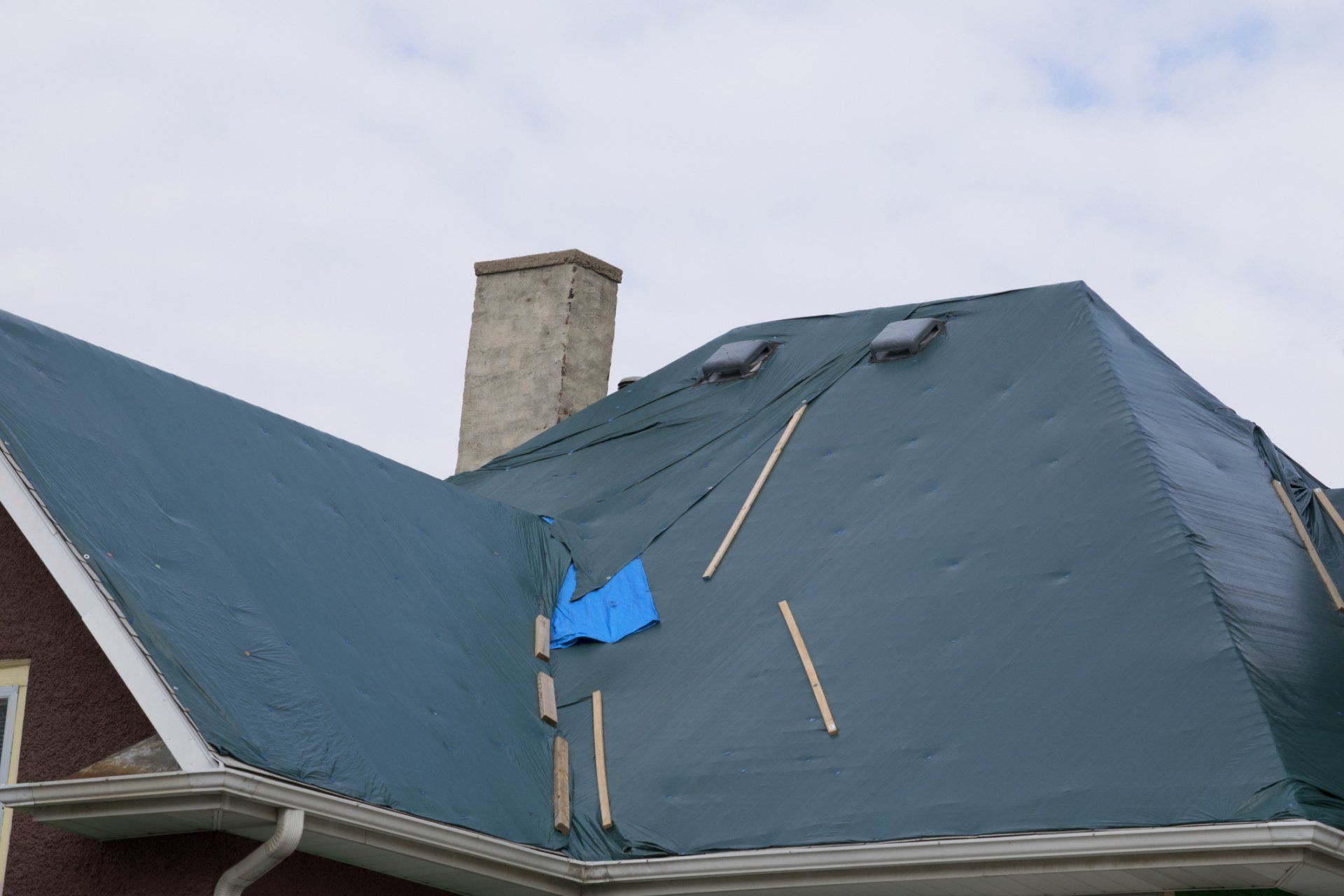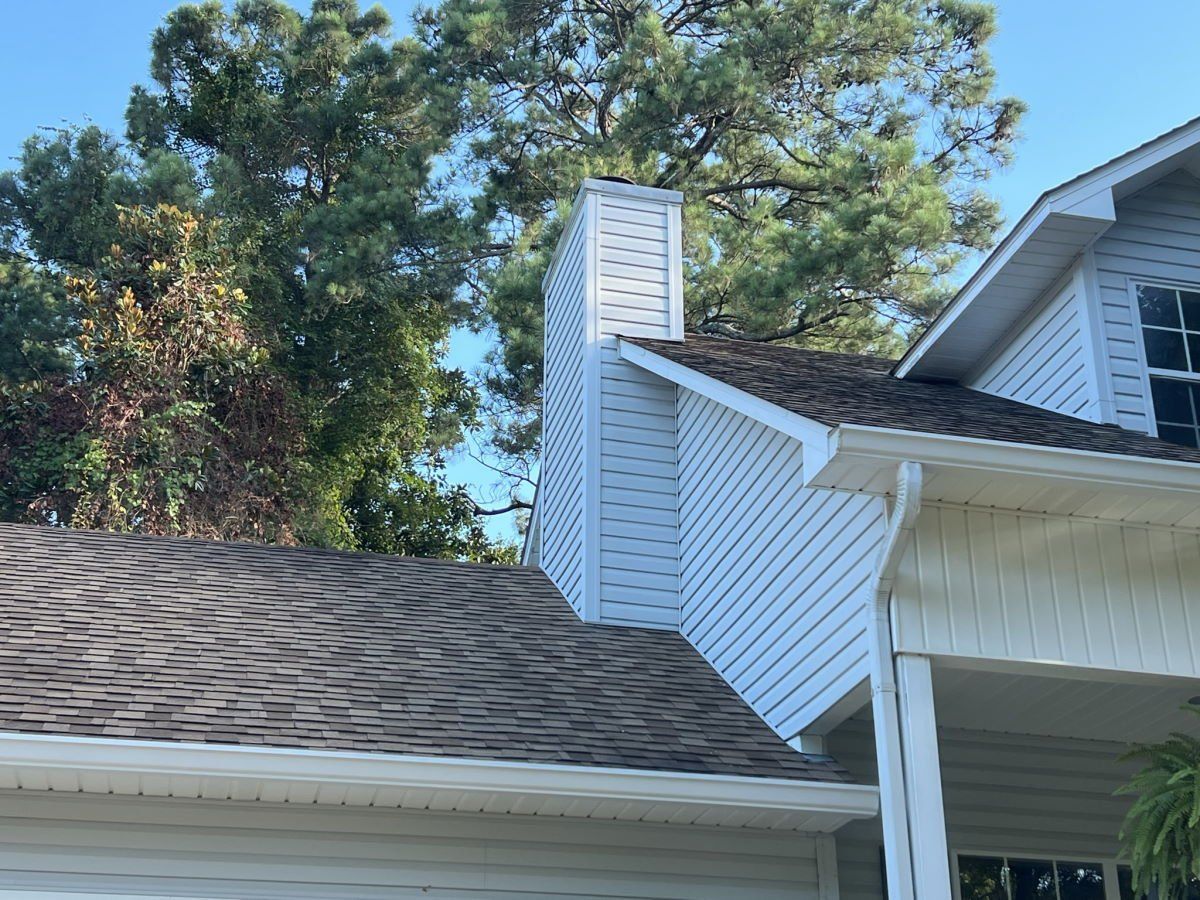FAQs About a New Roof: The Most Common Questions Answered
FAQs About a New Roof: The Most Common Questions Answered
Are you in the market for a new roof? If so, you're likely to have a lot of questions. What kind of roof should you get? How much will it cost? How long will it last?
This blog post will answer some of the most common questions about roofs. We'll discuss everything from materials to installation to maintenance. By the end of this post, you'll know everything you need to know about getting a new roof!
1. What Are the Different Types Of Roofing Materials Available Today?
The most common roofing materials are:
- Asphalt
- Wood
- Metal
- Tile
Asphalt is the most popular choice for residential roofs because it's affordable and easy to install. Wood roof shingles or shakes are a traditional option that can give your home a classic look. Metal roofs are becoming increasingly popular because they're durable and low-maintenance. Tile roofs are typically found in older homes or in warm climates.
There are a few other materials to consider as well, such as slate and solar tiles. Slate is a premium option that's very durable but also very expensive. Solar tiles are becoming more popular as they can help offset energy costs.
2. How Do I Know Which Type Of Roofing Is Best for My Home and Climate?
The type of roofing material you choose should be based on your budget, climate, and home style.
- Asphalt is a good all-around choice that's affordable and works well in most climates.
- Metal roofs are ideal for hot, dry climates as they reflect heat and are durable.
- Tile is a good choice for homes in warm climates or homes with a Spanish or Mediterranean style.
If you're not sure which type of roofing is best for your home, consult with a roofing contractor. They will be able to assess your needs and recommend the best option for your home.
3. How Much Does a New Roof Cost On Average?
On average, a new roof will cost between $5000 and $10000. However, if you have a large or complex roof, it could cost up to $20000 or more.
The cost of a roof replacement varies depending on the roofing options, the size of your home, the type of material you choose, and the complexity of the installation.
Financing options are available if you're concerned about the cost of roof replacements. Many roofing contractors offer financing plans with low-interest rates and monthly payments. You can also talk to your local bank or credit union about home improvement loans.
To get a more accurate estimate of the cost of your new roof, consult with a roofing contractor. They can give you a tailored quote based on your specific needs.
4. What Factors Will Influence the Final Roof Costs?
There are several factors that will influence the final cost of your new roof. These include:
- Size of your home
- Type of material you choose
- Complexity of installation
- Labor Cost
- Additional features (e.g. skylights, ventilation, etc.)
Get multiple quotes from different contractors to find the best price for your project. Keep in mind that the cheapest option isn't always the best.
You can save money by hiring the right roofing contractor during the off-season. Many companies offer discounts during winter, so it's a good time to install your new roof.
When it comes time to roof replacement, be sure to hire a licensed and insured roofing company. This will ensure that the job is done correctly and that you're protected in case of any accidents or damage.
A new roof is a big investment but will pay off for years. By choosing the right roofing material and contractor, you can be sure that your new roof will provide years of protection for your home.
5. Should I Hire a Professional Roofing Contractor to Install My New Roof, or Can I Do It Myself (or With Help From Friends/Family)?
It's highly recommended that you hire a professional to install your new roof. Roofing is a complex job that requires specialized knowledge and skills.
If you attempt to install your roof yourself, you could void your warranty and put yourself at risk of injury. Not to mention, the job won't be done correctly if you don't have the proper experience.
Hiring a professional roofing contractor is the best way to ensure that your new roof is installed correctly and that you're satisfied with the results.
When choosing a contractor for roof replacement, check their licensing and insurance. You should also ask for references from past clients to get an idea of their workmanship.
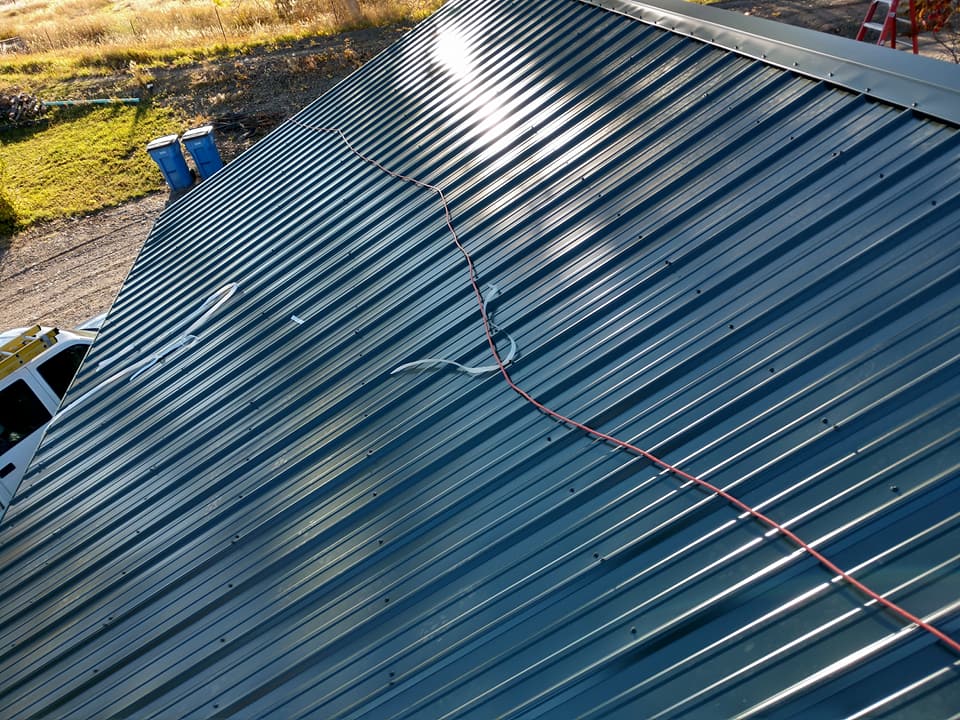
6. Are There Any Potential Problems that Could Arise After Installing a New Roof, and How Can I Prevent Them from Happening?
A few potential problems could arise after installing a new roof. These include:
- Leaking
- Improper ventilation
- Poor drainage
- Inadequate insulation
The best way to prevent these problems is to hire a professional roofing contractor with experience installing roofs. They will know how to avoid these common mistakes and ensure that your roof is installed correctly.
Be sure to research and hire a reputable contractor for the roof installation. With proper care and maintenance, your roof will last for years to come.
7. How Often Should I Have My New Roof Inspected/Maintained in Order to Ensure Its Longevity and Proper Function?
You should have your new roof inspected at least once a year. This will help to identify any potential problems early on, so they can be fixed before they cause major damage.
You should also have your roof cleaned periodically to remove any dirt, debris, or leaves that could clog up your gutters and downspouts.
By taking proper care of your new roof, you can extend its lifespan and ensure that it continues to protect your home for many years.
8. How Do I Know If I Need Roof Replacement?
If your roof is more than 20 years old, it's likely time for a replacement. However, if your roof leaks, roof rot or has missing shingles, you may only need a repair.
If you're unsure whether you need a new roof or a repair, consult with a professional roofing company. They will be able to assess the condition of your roof and give you the best advice for your situation.
9. What Are the Benefits of Installing a New Roof On My Home?
There are many benefits of installing a new roof on your home. These include:
- Improved curb appeal
- Increased home value
- Protection from the elements
- Energy efficiency
A new roof can give your home a fresh, updated look that can increase its value when you decide to sell. In addition, a new roof can help protect your home from wind, rain, snow, and ice damage. This can save you money in the long run by preventing costly repairs or replacement of your roof later on.
So if you're considering installing a new roof on your home, be sure to weigh the benefits against the costs to see if it's the right decision for you.
10. How Long Will My New Roof Last?
The average lifespan of a new roofing system is 20-30 years. However, your roof could last much longer with proper care and maintenance.
Ensure your roof is inspected and cleaned regularly to ensure its longevity. The roof's life also depends on the type of materials used and the climate in which you live.
For example, asphalt shingles may not last as long in a hot, sunny climate as they would in a cooler, drier climate. Metal roofs are also more durable than asphalt shingles and can last up to 50 years with proper care.
11. How Much Slope Do I Need On My New Roof?
The slope you need on your new roof depends on the roofing materials you use.
For example, shingles require a minimum slope of four inches per foot to shed water properly. Metal roofs can be installed with a shallower slope, as they are not as susceptible to leaking.
Roofing contractors can recommend the best slope for your roof based on the type of materials you're using.
12. Do I Need to Do Anything to Prepare for New Roof Installation?
Before your new roof is installed, there are a few things you need to do to prepare. These include:
- Cleaning out your gutters and downspouts
- Removing any loose or damaged shingles
- Trimming trees and branches near your home
You should also ensure you have access to the area where the roofers will be working. This may mean moving cars out of the driveway or clearing a path to your front door.
By taking these steps, you can help ensure that the installation process goes smoothly and that your new roofing system is installed correctly.
Final Words
That concludes our blog post on FAQs about a new roof! We hope you found this information helpful. If you have any other questions that were not answered here, feel free to contact us, and we would be happy to help you out.
Contact us Southern Roofing Systems today if you're looking for a
expert roofing contractor to install your new roof. We would be happy to provide you with a free estimate.

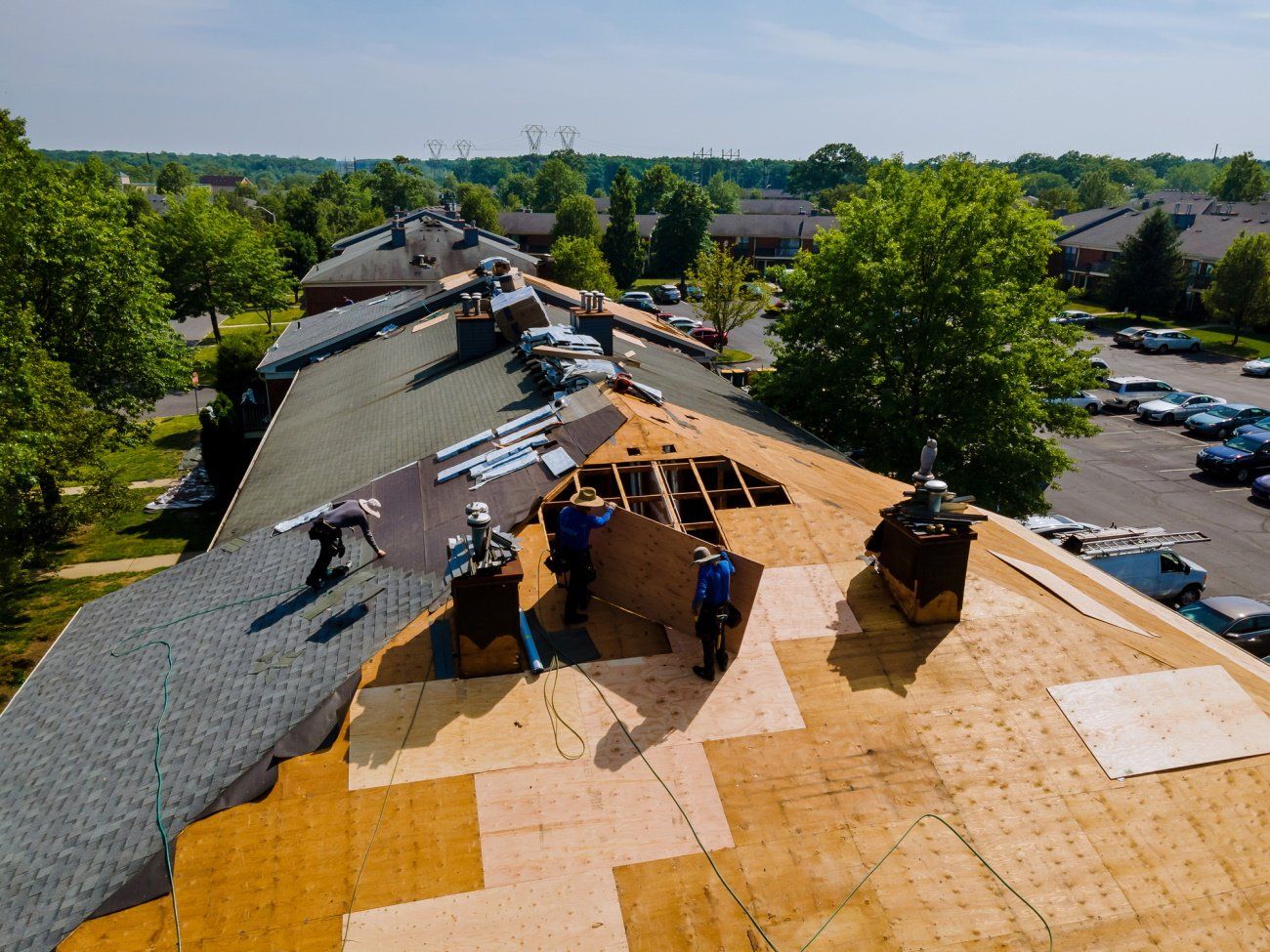

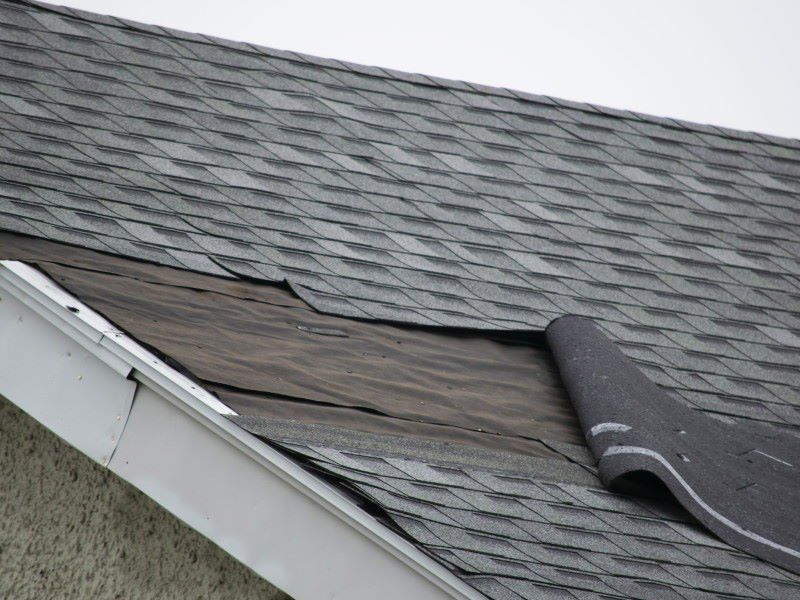
![What Is Torch Down Roofing? [Benefits and Downsides]](https://lirp.cdn-website.com/d89ea654/dms3rep/multi/opt/iStock-1092069734-6690c8ea-1920w.jpg)
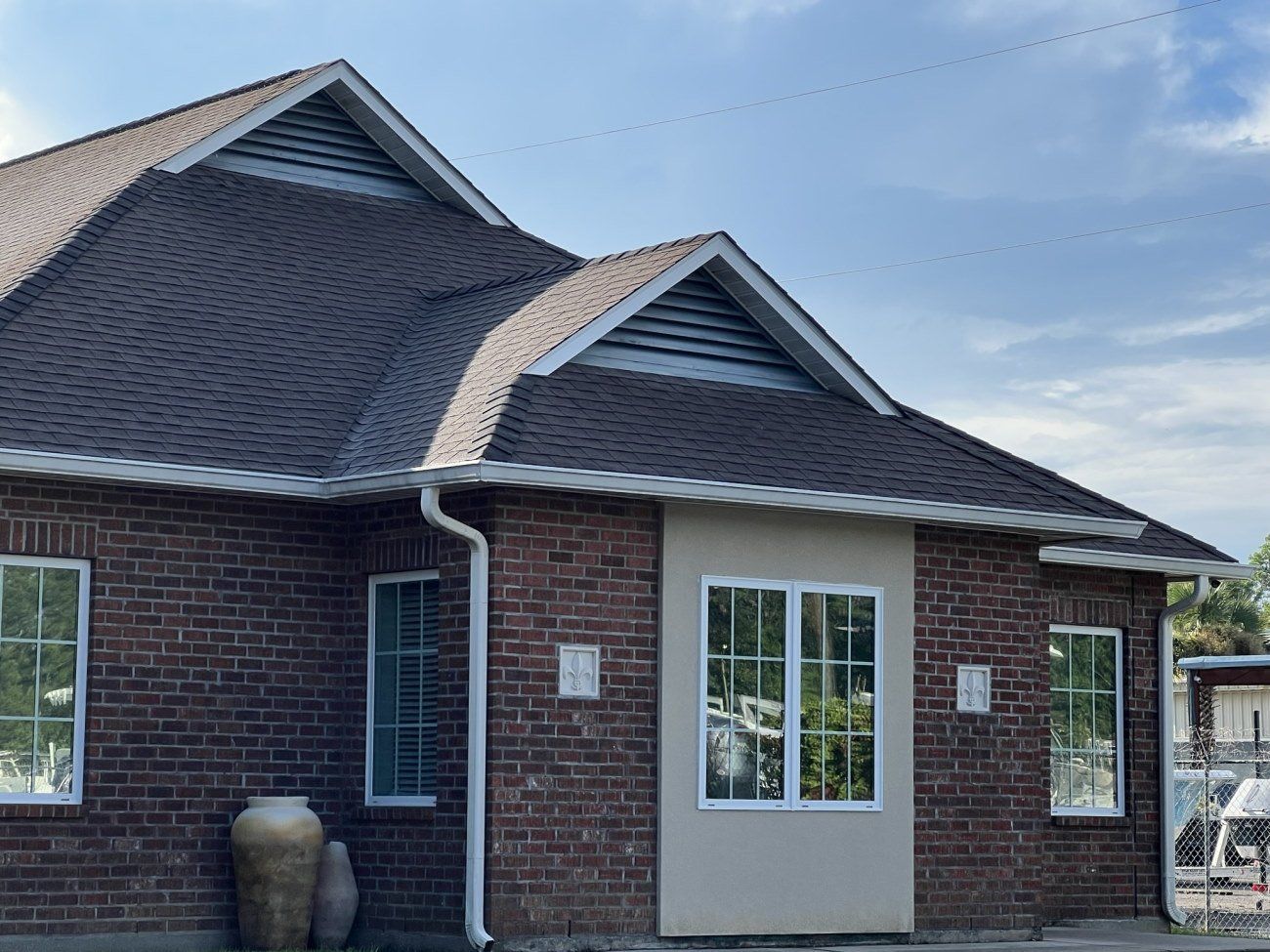
![How to Remove Moss from Your Roof [The Ultimate Guide]](https://lirp.cdn-website.com/d89ea654/dms3rep/multi/opt/older+roof+in+need+of+roof+repair+in+Orange+Beach-1920w.JPEG)
